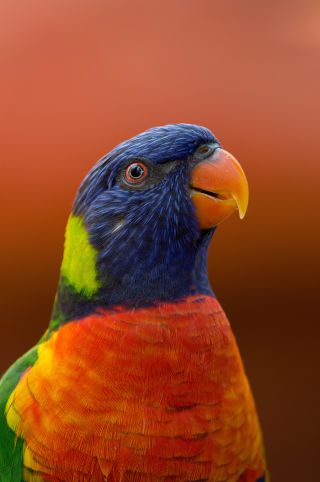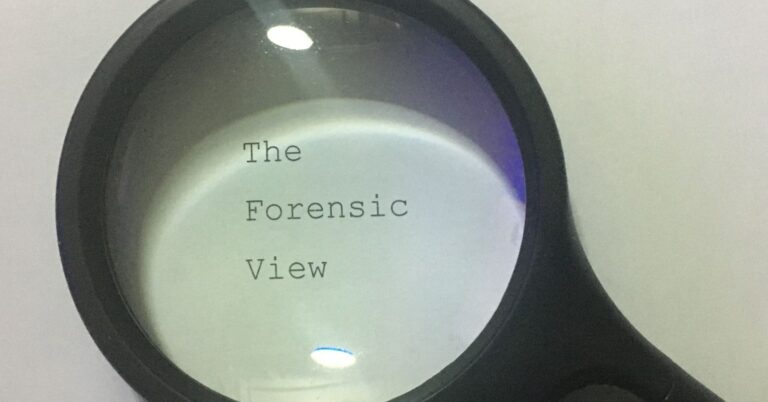
Can animals introspect into their own thoughts?
Hans Martha Pexels
Last month, I published an article together with Heather Browning in the Journal of Consciousness Studies on the possibility that non-human agents, such as animals and artificial intelligences, could introspect.
Introspection may be a much-discussed philosophical subject, but the ordinary understanding of the term as a kind of reflection of one’s own mental state closely captures how philosophers, psychologists, and cognitive scientists understand the subject.
Introspection is a kind of meta-cognition where agents are aware of their current mental states, such as thoughts, as well as past ones.
Unfortunately, the great majority of research into this subject has restricted itself to humans. One might think that this is due to the rampant skepticism that animals have any kind of complex mental processes, but the very lack of evidence for this capacity may be due to a lack of research, rather than the absence of this ability.
Kammerer & Frankish, who led a special issue in the Journal of Consciousness Studies, published a target article in which they tried to offer a general non-anthropocentric (that is human-centric) framework for how we can understand and study introspection. However, despite the obvious question of how we should think about these issues in relation to animals and AIs, the authors didn’t spend much time on these non-human systems, thus motivating us to write a response paper to explore these questions in more depth.
Firstly, we described a number of experimental paradigms which we could use to make animals engage in “self-report”. While many think that this is impossible, we argued that there are at least quasi-self-report-like paradigms such as indirect reporting, as well as symbolic/non-symbolic reporting, in order to get at the mental states of other animals.
Secondly, we argued that an application of my pathological complexity framework could help us make sense of what types of introspection would be worth having for animals depending on the life histories (the ecological lifestyles) they have evolved for. Here, it is important to not just engage in evolutionary storytelling, but to offer plausible scenarios and empirical evidence for the fitness benefits forms of introspection would provide animals with. For instance, we discuss some recent work on animal’s reactions to magic tricks, as well as animal behaviour that is meant to fool conspecifics, and hypothesize that such behaviour would evolve in species with highly social lives due to the need to predict the behaviour of others, as well as to understand their mental states, e.g. when birds hide food from others. If some members of the population lack this ability, their fitness (reproduction and survival chance) will be reduced, and they can be rightly considered pathological.
Finally, we argue that a similar adaptationist perspective will help us to think about what kinds of introspection to build into AI systems to improve their abilities. Studying introspection in animals will help us to understand what forms introspection may take in systems very dissimilar to ourselves. Indeed, we may create new forms of introspection that humans aren’t capable of. To conclude, we shouldn’t mistake the form some mental phenomenon takes in humans with how they must present in other beings.





















+ There are no comments
Add yours